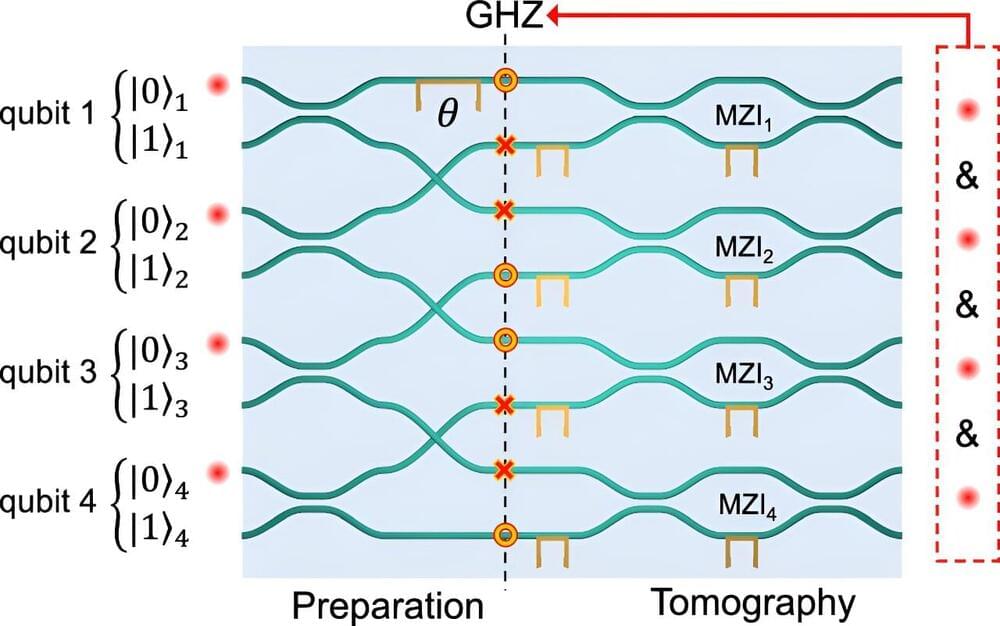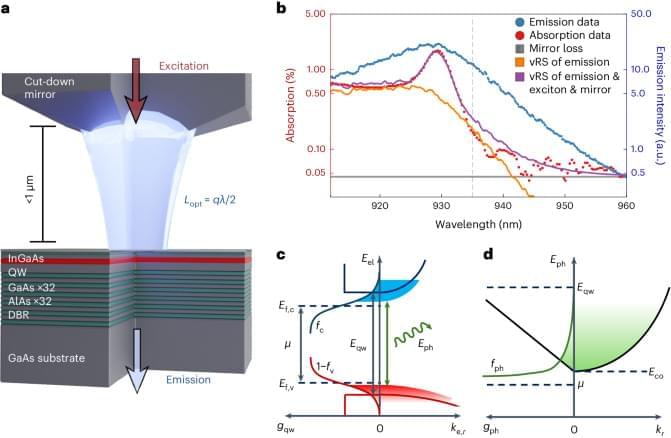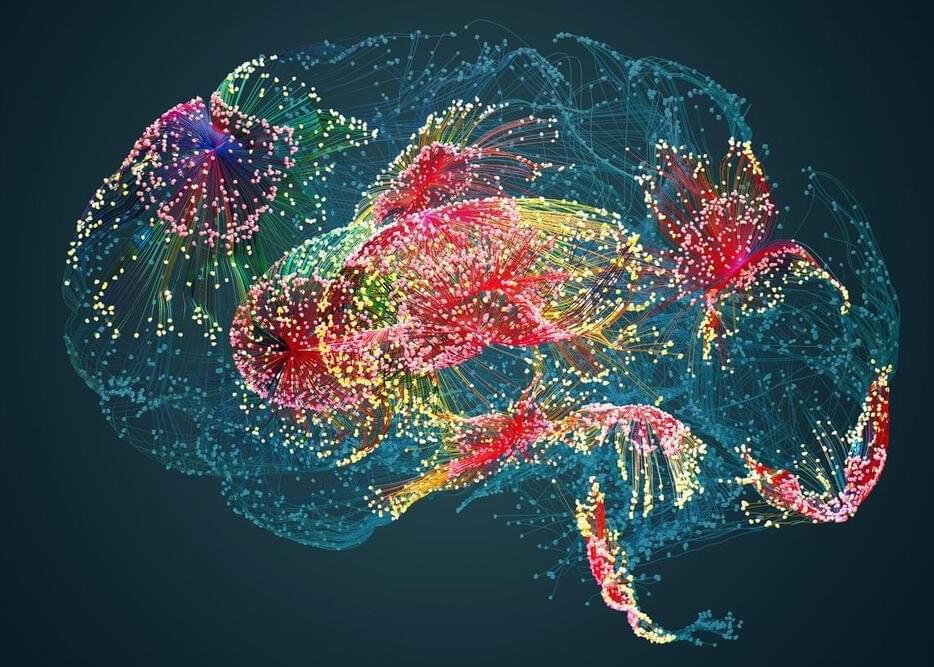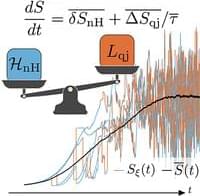Researchers are studying how quantum computers can help optimise net-zero power grid operation and expansion planning.




Quantum computing is one of those “just around the corner” technologies that have the scientific community split. Tech outfits such as Google and IBM have gone full throttle with both research and development and marketing as if they’re already here, while many independent researchers have claimed quantum computers will never work.
Most people working in the field, however, believe that quantum computers will be able to solve problems that classical computers can’t solve within the next 10 years.
This is according to a recent survey of 927 people with associations to the field of quantum computing (researchers, executives, press, enthusiasts, etc.) conducted by QuEra. Of those surveyed, 74.9% “expect quantum to be a superior alternative to classical computing for certain workloads” within the next 10 years.


Researchers wish to probe whether consciousness has a basis in quantum mechanical phenomena.

Quantum computers have the potential of outperforming conventional computers on some practically relevant information processing problems, possibly even in machine learning and optimization. Yet their large-scale deployment is not yet feasible, largely due to their sensitivity to noise, which causes them to make errors.

Link to newsletter:
Dear Subscribers, please see the latest Security & tech Insights newsletter covering emerging issues, trends and potential solutions in the world of cybersecurity. Thanks for reading and stay safe! Best, Chuck Brooks PS checkout my new book on Amazon: Inside Cyber: How AI, 5G, and Quantum Computing Will Transform Privacy and Our Security Amazon.com : Inside Cyber: How AI, 5G, and Quantum Computing Will Transform Privacy and Our Security: 9781394254941: Brooks, Chuck: Books.


PEARC24 launched its first Workshop on Broadly Accessible Quantum Computing (QC) as the full conference began, July 22, in Providence, RI. Led by NCSA’s Bruno Abreu and QuEra’s Tomasso Macri, 30+ participants included quantum chemists, system administrators, software developers, research computing facilitators, students and others looking to better understand the current status and the prospects of QC and its applications.
